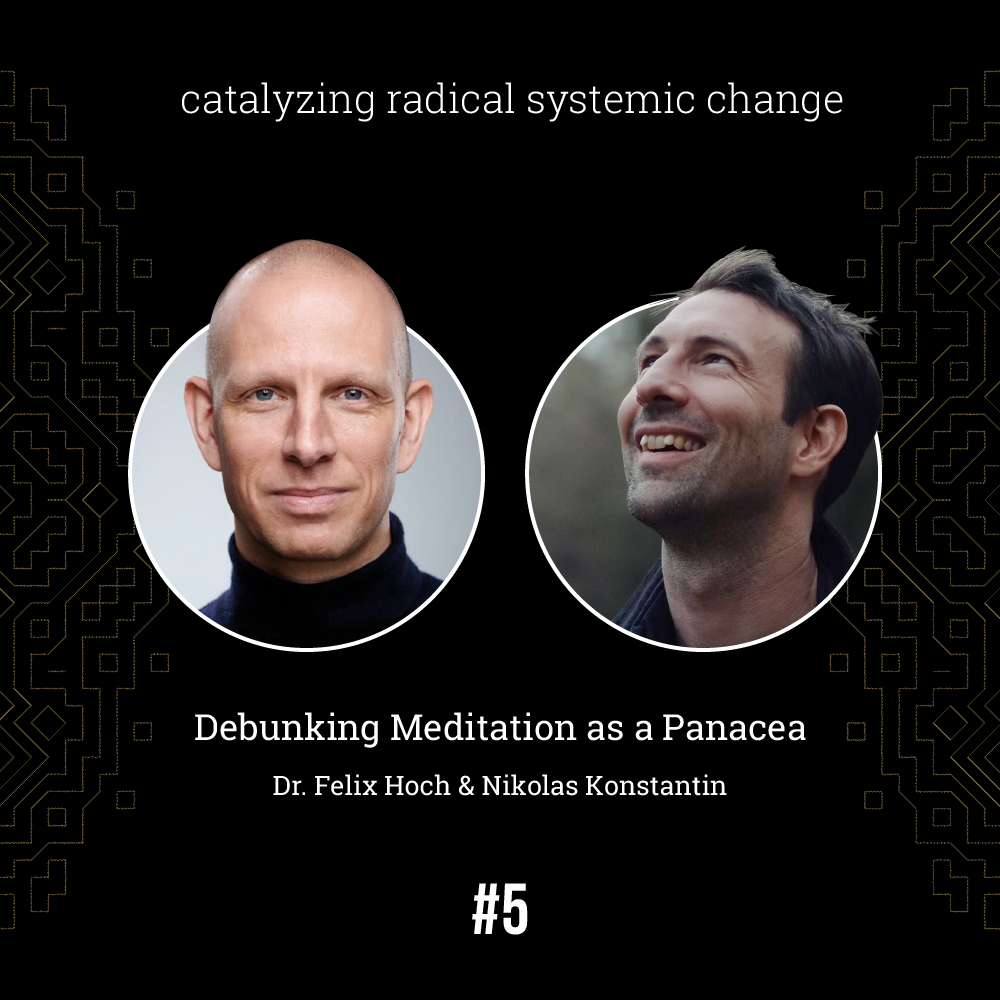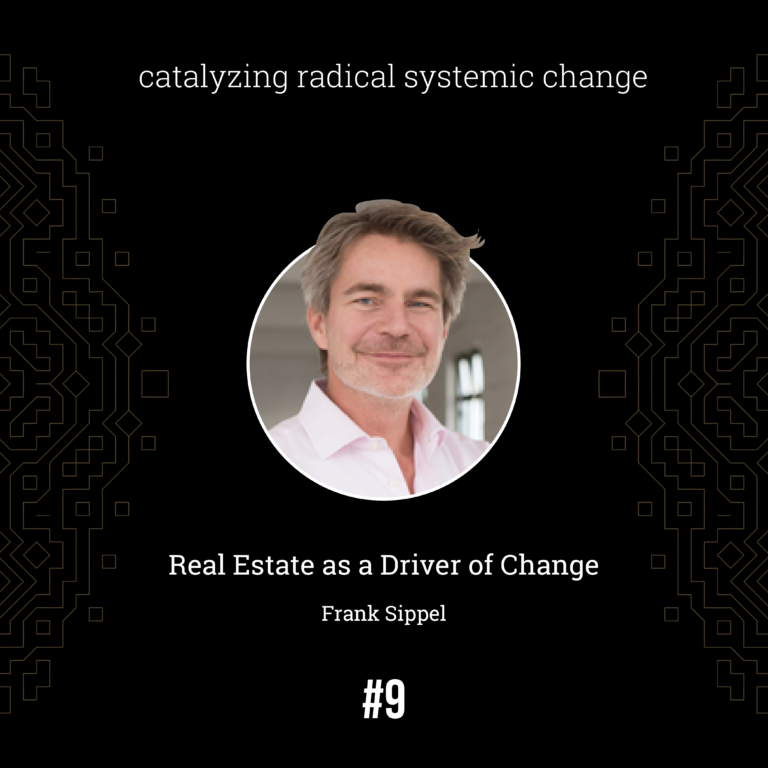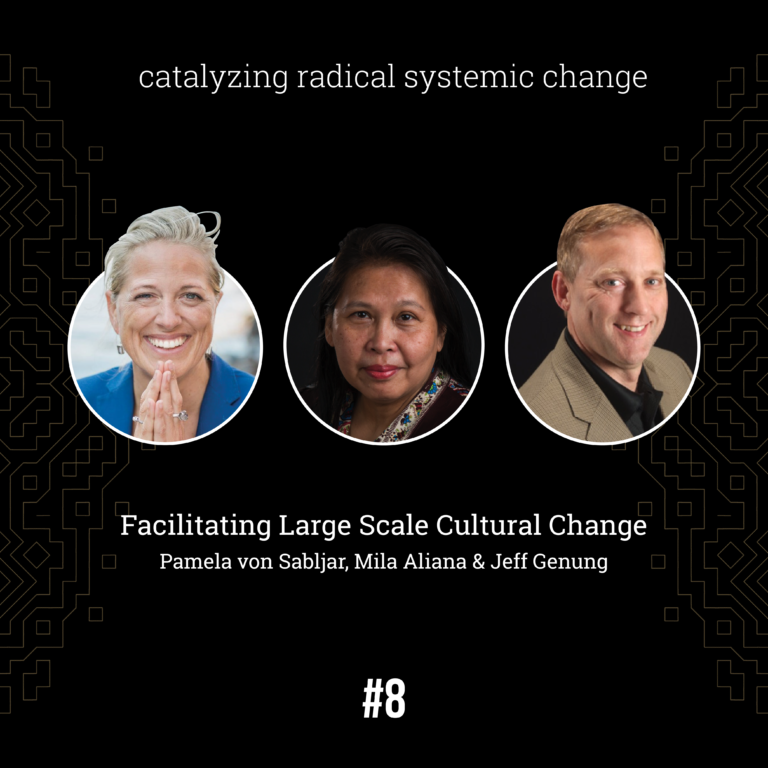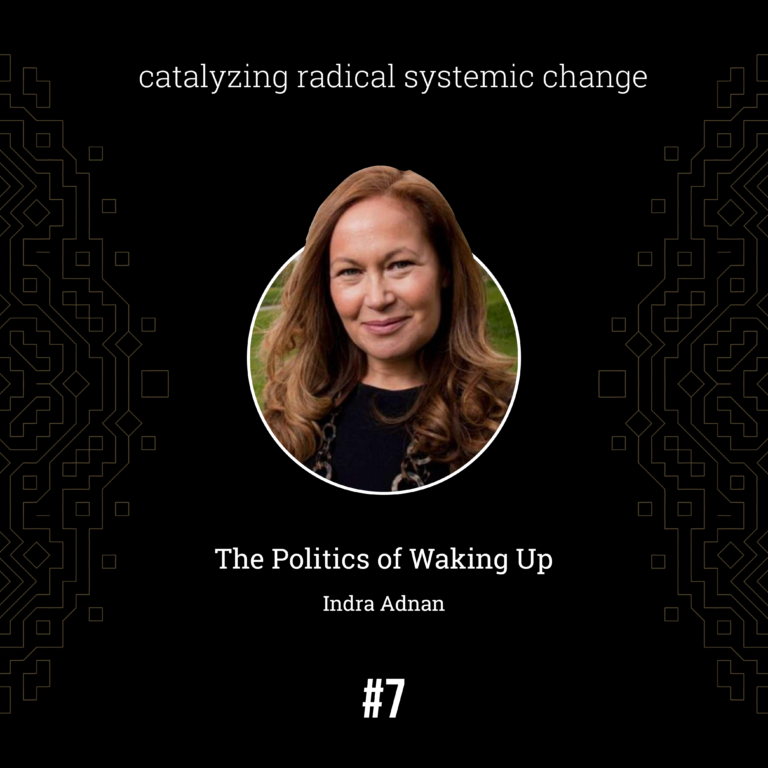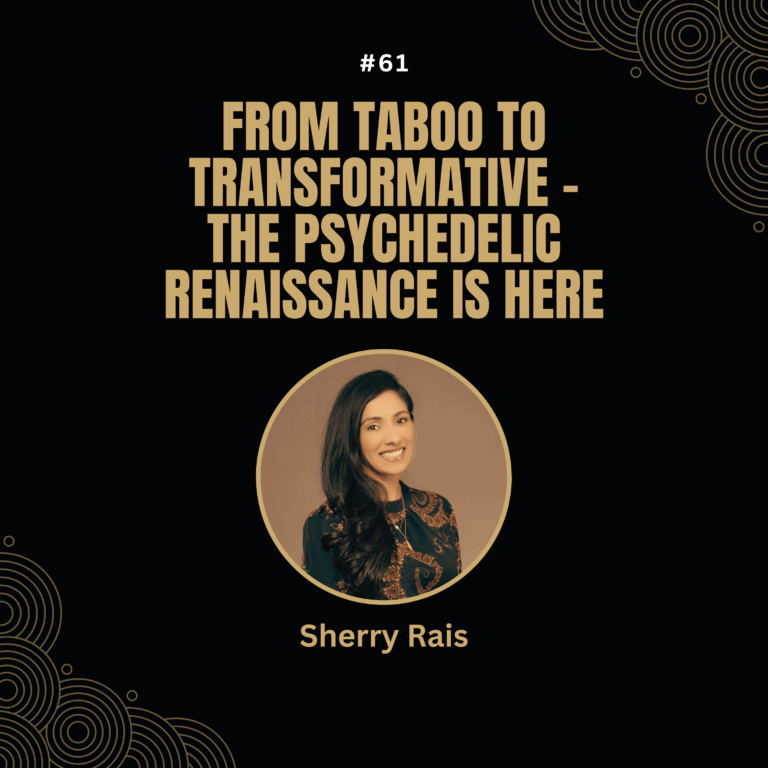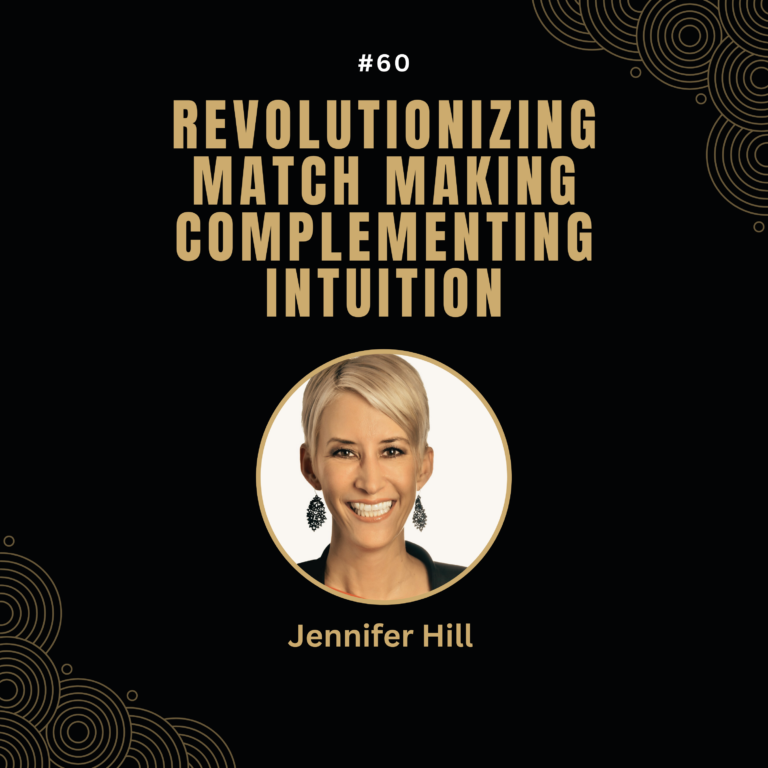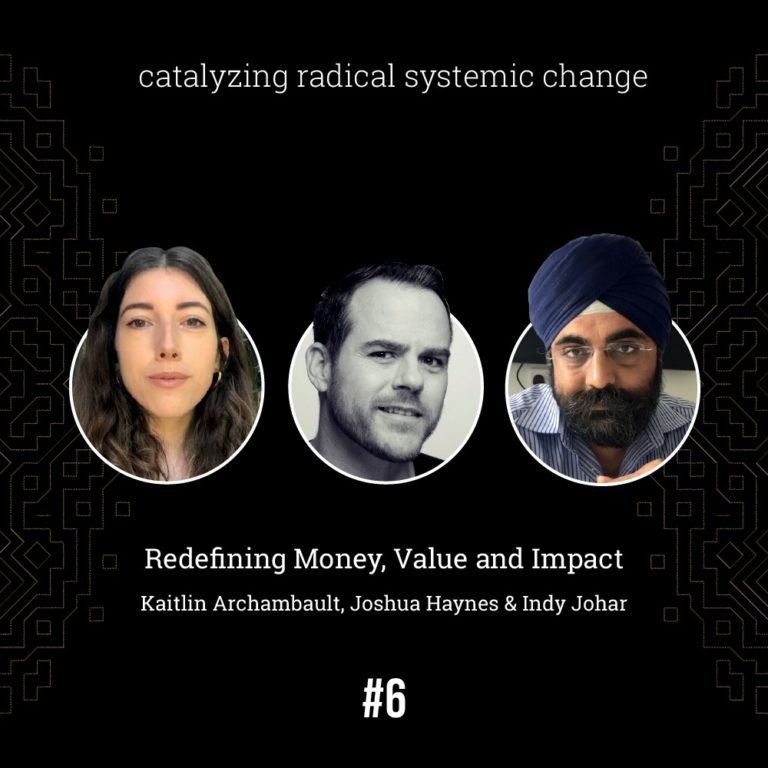“If you meet the Buddha on the road, kill him.” Lin Chi
We need to kill the buddha to embrace a 21st century understanding of ages old wisdom.
This means to unpack meditation as a panacea for everything, to nuance where its timeless gem shines bright, and where it is at best complemented by other techniques for personal development.
The original quote in a nutshell means that “Buddha-nature” can never be out there. It’s always ever present in all and everything. So, if you see the Buddha out there, kill him.
We are living in a world where meditation has become a commodity and the spiritual market is booming. There is meditation for burn-out prevention, to alleviate stress, to make managers more successful, for better sleeping. It is sold as a panacea for roundabout everything.
And exactly that we are going to debunk in this week’s episode.
- Let’s unpack the very broad headline for what meditations stands for, a plethora of techniques from a very broad range of cultural traditions and backgrounds.
- What is the relationship between meditation and the shadow of the psyche most of us carry with us?
- What could be a North Star – from the broad range of techniques – that could serve beginners to find and deepen their meditative practice?
- What are psycho-spiritual practices that complement those aspects of personal development that meditation can’t serve?
- What are the stages one passses through in the journey of being a meditator? How can we define progress?
- Instead of “Spiritual Bypassing” (a term coined by Robert Augustus Masters, with the same title as a book), avoiding seemingly “negative” emotions, what does a healthy integration of peak experiences and difficult emotions mean?
We are finishing our conversation noting that maybe best meditation can be understood as a interwoven sequence of waking up (to the original nature of the mind), growing up (in the various aspects of us being human), cleaning up (taking care of our personal mess) and showing up (making a difference with what we want to see in the world).
Dr. Felix Hoch
Felix studied biology, comparative religion with a focus on Buddhism, Japanese culture and philosophy at universities in Munich and Tokyo. His doctoral thesis was about methodological integration in interdisciplinary research applied to Zen meditation research. He is Zen-Practioner since the late 1990s and lived about 6 years at Zen Center Berlin. He is a trained in integral-systemic personal and business coach, and facilitator and educator in Design Thinking bringing mindfulness and meditation practices to individuals, teams and organizations.
Nikolas Konstantin
Nikolas is a coach, meditation teacher. He works with forward-looking organisations and leaders in their quest to become resonant future shapers in his role as coach and partner at ForChiefs, a collective of transformation experts.
Nikolas also leads the meditation teacher team at OHIA, a meditation studio for modern spirituality in Berlin. Here he guides weekly classes and monthly workshops to help aspiring and advanced meditators towards a deeper understanding of their minds and themselves.
Nikolas founded the Onyra Mind Club, a community and education platform for advanced meditators and has published several articles and guides exploring the intersection of mental training, science and contemplative traditions.
